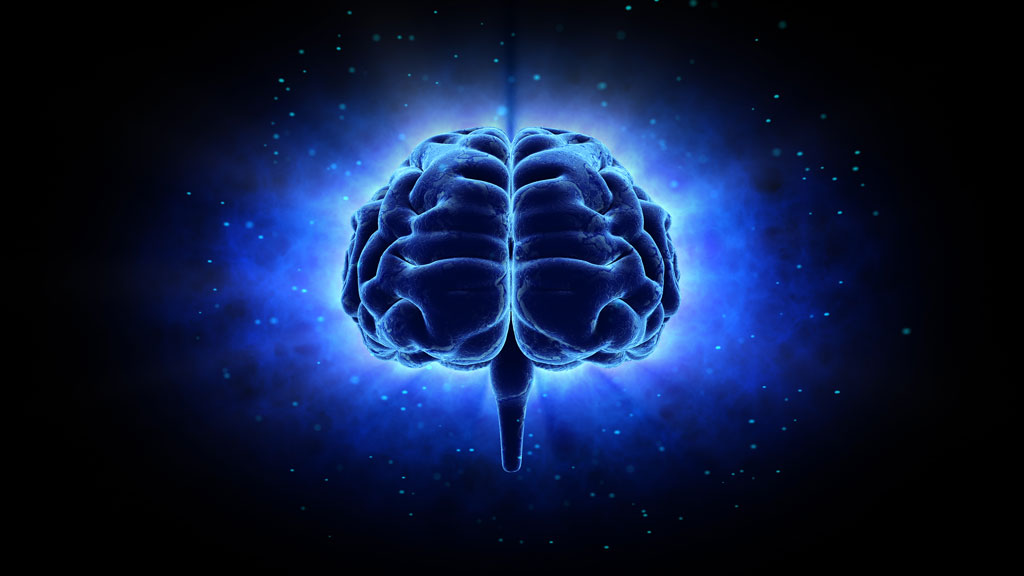Supercharge Your Brain in 7 Minutes: 14 Quick Power-Ups

Have you ever hit a mental slump right before a big meeting or while trying to study for an exam? Maybe you’ve found yourself staring blankly at your screen, willing your brain to focus. What if you could give your brain a powerful reboot—in just seven minutes? Sounds too good to be true, but with the right strategies, it’s absolutely possible.
Sleep Better Tonight: Easy Relaxation Techniques with BrainTap

In our high-paced, hyper-connected world, good sleep is often treated as a luxury instead of a necessity. Yet, quality sleep is fundamental to mental clarity, physical health, emotional stability, and peak performance. Unfortunately, millions struggle with falling or staying asleep due to unmanaged stress, screen time, racing thoughts, or inconsistent routines.
Busy Life? Unwind and Relax Deeply with BrainTap

In a world filled with endless to-do lists, constant notifications, hustle culture, and demanding schedules, unmanaged stress has become like that relative of yours who isn’t invited but shows up at your doorstep anyway. Whether you’re juggling work, family, or personal growth, the pressure can feel overwhelming. However, there is a simple yet powerful solution to help you find calm and clarity—meditation.
A Blueprint for Happiness: The Science of Personal Growth

Personal growth is an ongoing journey of self-improvement, learning, and resilience. It involves cultivating habits, mindset shifts, and behaviours that enhance overall well-being and happiness. While the idea of self-betterment has existed for centuries, modern psychology—particularly the field of positive psychology—provides actionable insights into what truly nurtures happiness and fulfilment.
Women & Mindfulness: Cultivating Daily Practices for a Stronger Mind with BrainTap

In today’s fast-paced world, women juggle with multiple responsibilities—careers, family, personal growth, and well-being often leading to stress, anxiety, and even burnout. This Women’s Day, prioritize self-care and mental wellness through mindfulness. BrainTap, offers effective strategies to help all women, including you, to cultivate mindfulness, manage stress, and improve overall well-being.
Trouble Sleeping? Try guided meditation for deep and relaxing sleep.

Sleep is crucial for overall health, yet many struggle with stress, digital distractions, and irregular schedules. Quality of sleep matters more than the number of hours you sleep. If you find yourself tossing and turning at night, guided meditation can help calm the mind and promote better sleep by easing the transition to better sleep.
Why Brain Fitness Should Top Your New Year’s Resolution List

As the clock strikes midnight on New Year’s Eve, millions set resolutions focusing on health, fitness or finances, but brain fitness is often overlooked. Just as you train your body, you can train your brain to boost cognitive performance, mental clarity, and emotional resilience. This New Year, prioritize your brain health with BrainTap, your brain fitness app, making your brain fitness journey both engaging and rewarding.
How Gamma Waves Help You Find Calm Amidst the Season’s Chaos.

The holiday season brings a whirlwind of emotions. Between gift shopping, family gatherings, and year-end deadlines, the joy of the season can be overshadowed by stress and FOMO. Amidst the hustle, finding quiet is crucial for maintaining your mental and physical well-being. A surprising ally for you in achieving this balance is the science of brainwaves and tools like BrainTap, your brain fitness app.
Brain Waves Harmonize When Individuals Interact

Neuroscientists have traditionally focused on studying the brain as an isolated entity, examining how neurons respond to individual tasks like solving puzzles or reading. While these studies have significantly deepened our understanding of individual cognition, they do not capture the full essence of human behavior. Humans are inherently social beings, thriving in communities, building connections, and sharing experiences that shape who we are. Recognizing this, researchers are now broadening their focus to explore how our brains function during shared experiences—a growing field called collective neuroscience.
How Brain Waves Impact Your Memory

In a split second, it takes to remember a name or focus intently on a task, and a powerful network of electrical activity unfolds in your brain. These rhythmic patterns, known as brainwaves, shape how we remember, process, and retrieve information. Created as neurons communicate, brainwaves influence everything from relaxation and focus to complex memory storage and recall. Each brainwave type—Delta, Theta, Alpha, Beta, and Gamma—has its own frequency, linked to mental states that affect how we learn, store, and access memories. By understanding these brainwave patterns, we gain insight into how the brain supports memory, from sleep-based consolidation to quick recall in high-pressure moments.

